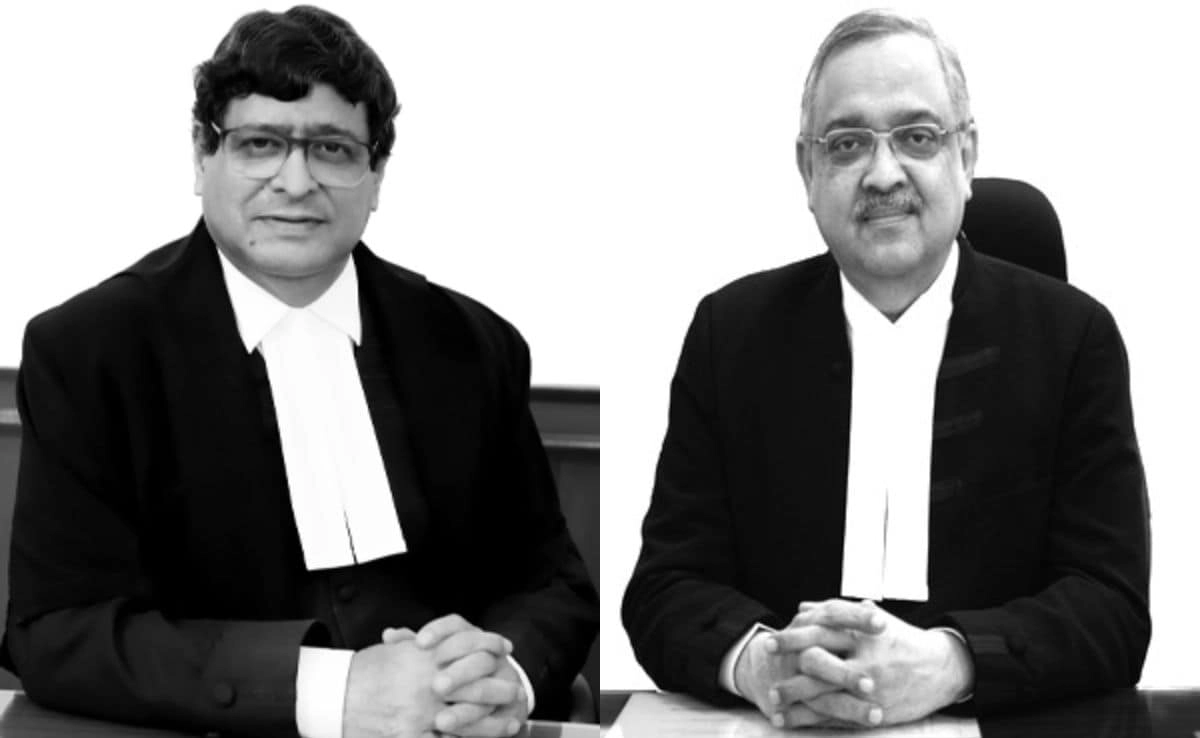In a recent ruling, the Supreme Court of India addressed a significant case regarding the use of the Urdu language on signboards, emphasizing the importance of linguistic diversity over religious considerations. The court dismissed a plea that sought to challenge the display of Urdu signage, asserting that language should not be conflated with religion. This decision highlights the necessity of recognizing and preserving linguistic heritage as a fundamental aspect of India’s cultural identity.
The plea against Urdu signboards argued that the use of the language in public spaces could potentially promote a specific religious identity, leading to societal divisions. However, the court firmly stated that language is a medium of communication and should not be viewed through the lens of religious affiliation. The ruling reinforces the idea that India, as a multilingual and multicultural nation, has a responsibility to accommodate and respect all languages, including Urdu, which holds historical and cultural significance for a large segment of the population.
Furthermore, the court’s decision reflects a broader commitment to upholding the rights of linguistic minorities. By rejecting the plea, the Supreme Court underscored the principle that language is a vital part of individual and community identity. The ruling sends a strong message about the importance of inclusivity and the celebration of diversity in a country known for its myriad languages and dialects. This case serves as a reminder that promoting linguistic rights is essential for fostering unity and understanding among different cultural groups within the nation.
In essence, the Supreme Court’s ruling on the use of Urdu signboards illustrates a crucial intersection of language, culture, and identity within the Indian context. It underscores the notion that all languages deserve recognition and respect, irrespective of their association with any particular religion. This decision not only protects the rights of Urdu speakers but also reaffirms the commitment to a pluralistic society where every language can thrive, contributing to the rich tapestry of India’s heritage.



